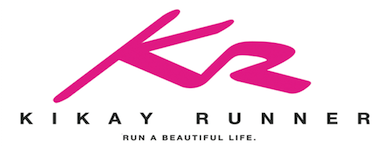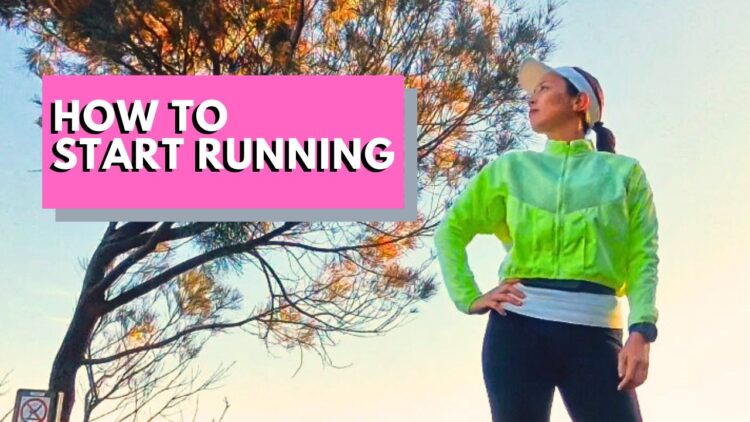I help run one of the Philippines’ largest Facebook communities for running, so I approve posts and membership requests and help things keep running smoothly.
I never used to pay attention to the conversations that happened inside the approved posts, and give members plenty of space to voice their opinions.
However, in the past week I’ve approved posts from beginner runners asking how they can get started or how they can improve their times — and every time there are some really useless replies that at the very least don’t help these beginners, and at the most can increase risk of injury and burnout!
So I took it on myself to post the first replies to these questions, and that’s helped steer the conversations toward productive replies.
So what is the secret solution to starting running?
(It’s actually not so secret, but for many people it’s not obvious…)
Watch my vlog below, or scroll down for a written version.
I believe there are four basic components to running fitness.
- cardiovascular fitness
- musculoskeletal strength
- speed
- endurance
The progression isn’t linear, but most beginners need to work on the first two before trying to develop the last two.
The first question I always ask people who want to start running is, “Why do you want to start running?” Their answer to this will help me give them the appropriate recommendations. They may want to lose weight or get fit, or have a certain achievement in mind (like running a “marathon” even when they actually mean doing a fun run of 3K, 5K, or 10K). Or they may be doing it to supplement training in a primary sport.
Once I know their goal, I can point them in the right direction. That means getting the right advice from reliable resources.
When I started running 15 years ago, I went straight to printed books because in the hierarchy of sourcing and citations, published works were the pinnacle. Newspaper and magazine articles (particularly from Runners World) were on a lower rung, while web-based articles were even further down. Facebook was in its infancy, people interacted and collaborated on forums, and Tiktok wasn’t even a thing.
These days (and as a product of free Internet promos for social media), people turn to Facebook and TikTok for advice. While it’s true you can find legit information on there when you chance upon actual experts, anybody can also publish whatever they want even if it’s not backed by solid sports science, research, and experience.
I find that you need to know how to do a good boolean search to find resources online. These beginner runners didn’t even know many of the resources they’re looking for are already out there, and for free. I’ve done searches for “beginner running plan free” and “how to run faster” and turned up results that astounded commenters.
(For new runners, a “couch to 5K free running program” is invaluable in building cardio fitness and musculoskeletal strength.)
Another reliable resource is an actual running coach, with real credentials. I’m not talking about self-styled coaches who have a platform just because they have a following on social media; I’m talking people who have taken courses and certifications or have years of experience and have literally coached people toward their personal goals across a finish line.
While hiring a coach entails some expense, it is a more efficient way toward getting the information and training you need to achieve your goals in running. They can look at your actual fitness level and design workouts and longer-term plans to help you progress.
One way I know something or someone is a reliable resource is if the advice they give resulted in an athlete achieving their goal. Many people have found success following training plans and workouts on the pages of Runners’ World magazines or books, for instance. If you’re looking for a coach, look for referrals from people who have been able to achieve their goals or set new personal records under that coach’s care.
So the secret solution to starting running? It’s knowing where or who to ask your questions so you can follow through.

